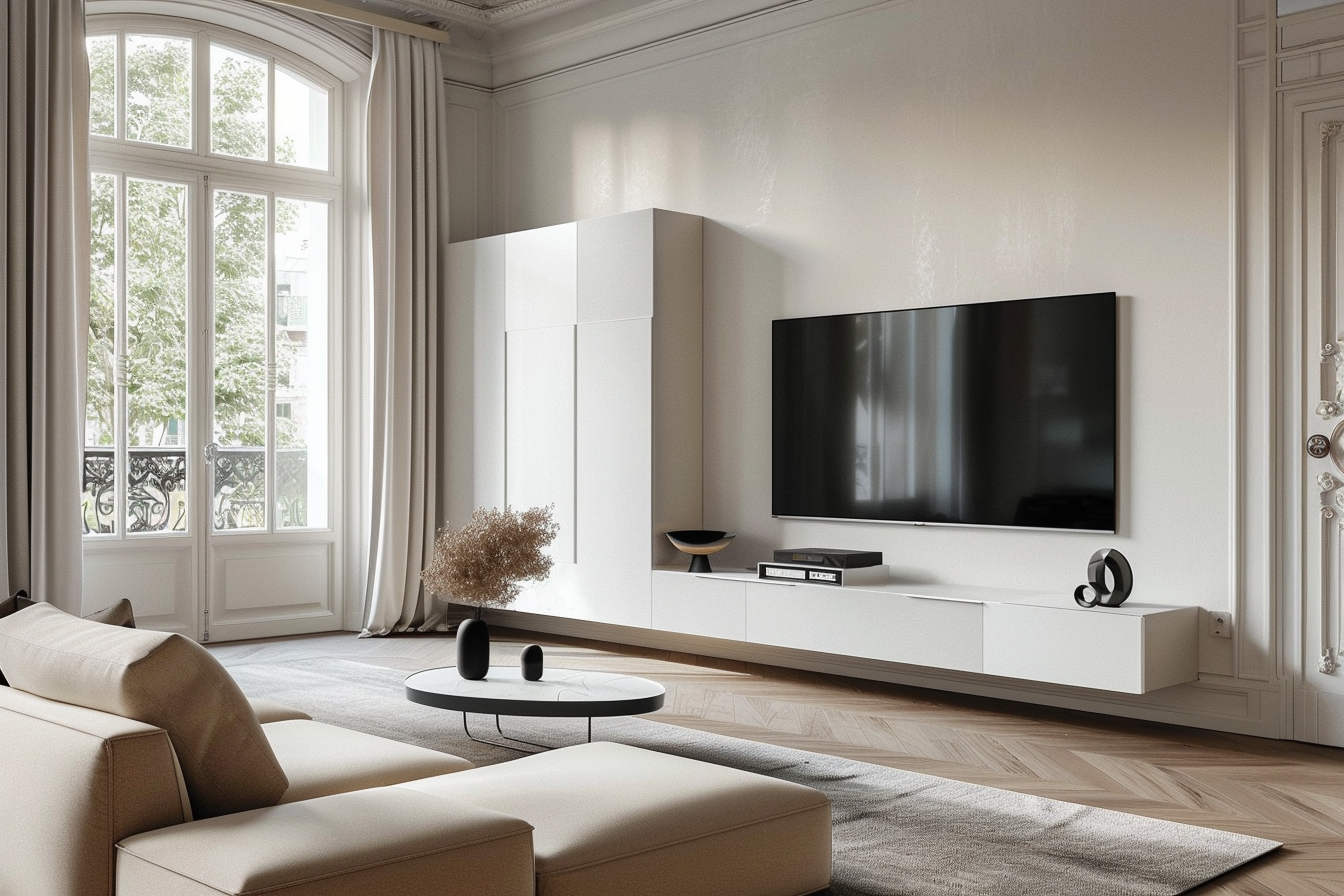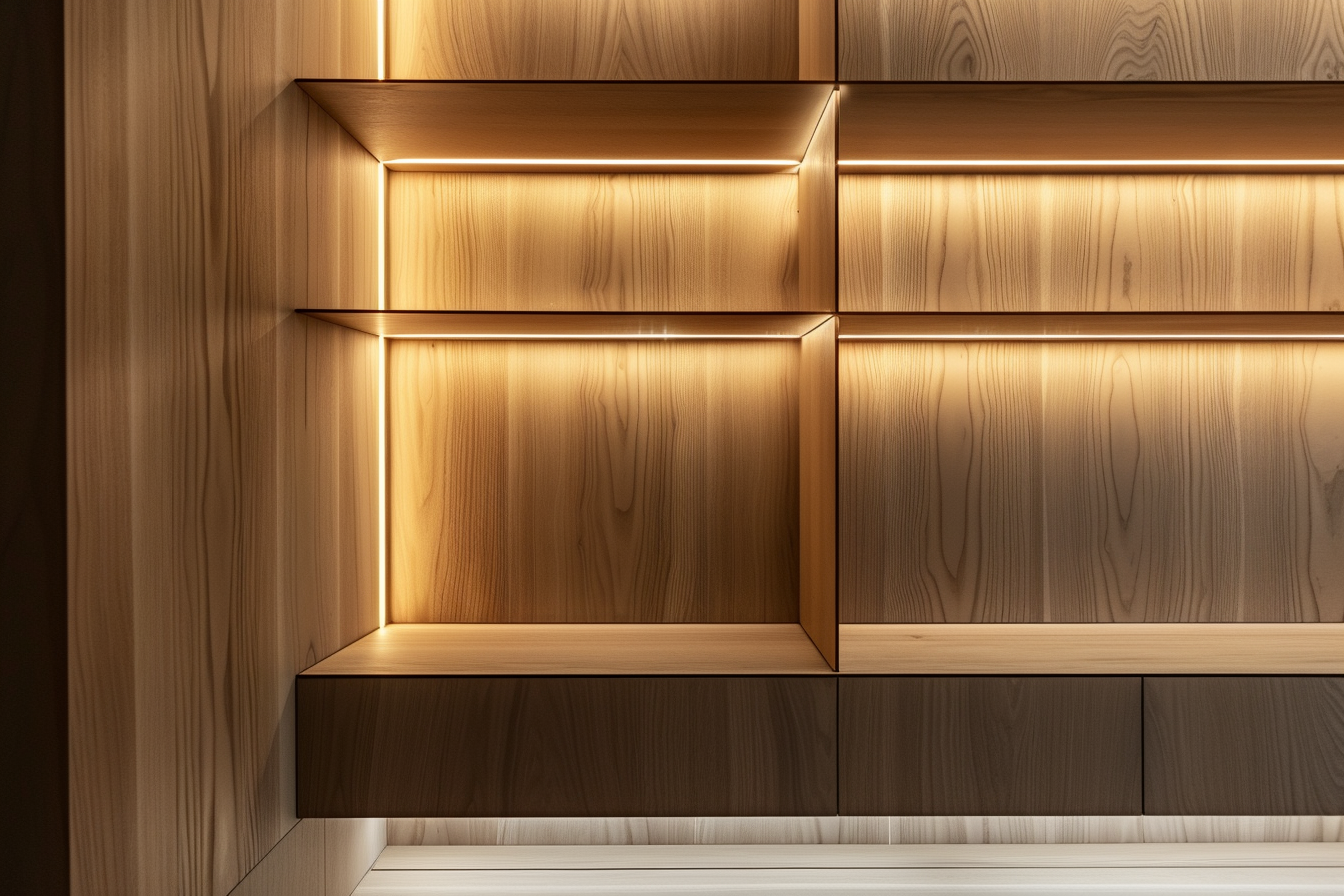Why Whole-Home Customization Is Redefining Modern Living
Whole-home customization has emerged as one of the fastest-growing trends in the global furniture industry. Unlike traditional furniture, which often comes as fixed-size modules, whole-home customization focuses on tailored solutions that fit each household’s unique layout, lifestyle, and aesthetic preferences. From kitchens to wardrobes, sliding doors to wall panels, every detail can be adjusted to maximize functionality and reflect personal taste.
This approach is particularly appealing in today’s urban environments, where space is often limited and efficient design becomes essential. By integrating storage systems seamlessly into walls, or by using multifunctional partitions, whole-home customization helps homeowners achieve a clutter-free and cohesive living environment.

The Role of Eco-Friendly Materials
Alongside customization, the choice of materials has become a central topic of discussion in the home furnishing industry. Increasingly, consumers are concerned not only with how their homes look, but also with how healthy and sustainable their living spaces are.
Materials such as ENF-grade panels—the strictest international standard for formaldehyde control—are becoming widely adopted, as they ensure ultra-low emissions and contribute to safer indoor environments. Similarly, Japan’s 5-star certification represents one of the world’s most rigorous benchmarks for long-term air quality and sustainability.
Beyond engineered panels, natural materials such as wood veneer, bamboo, and recycled composites are gaining traction. These materials not only reduce the environmental footprint but also provide natural warmth and texture, striking a balance between modern minimalism and organic aesthetics.
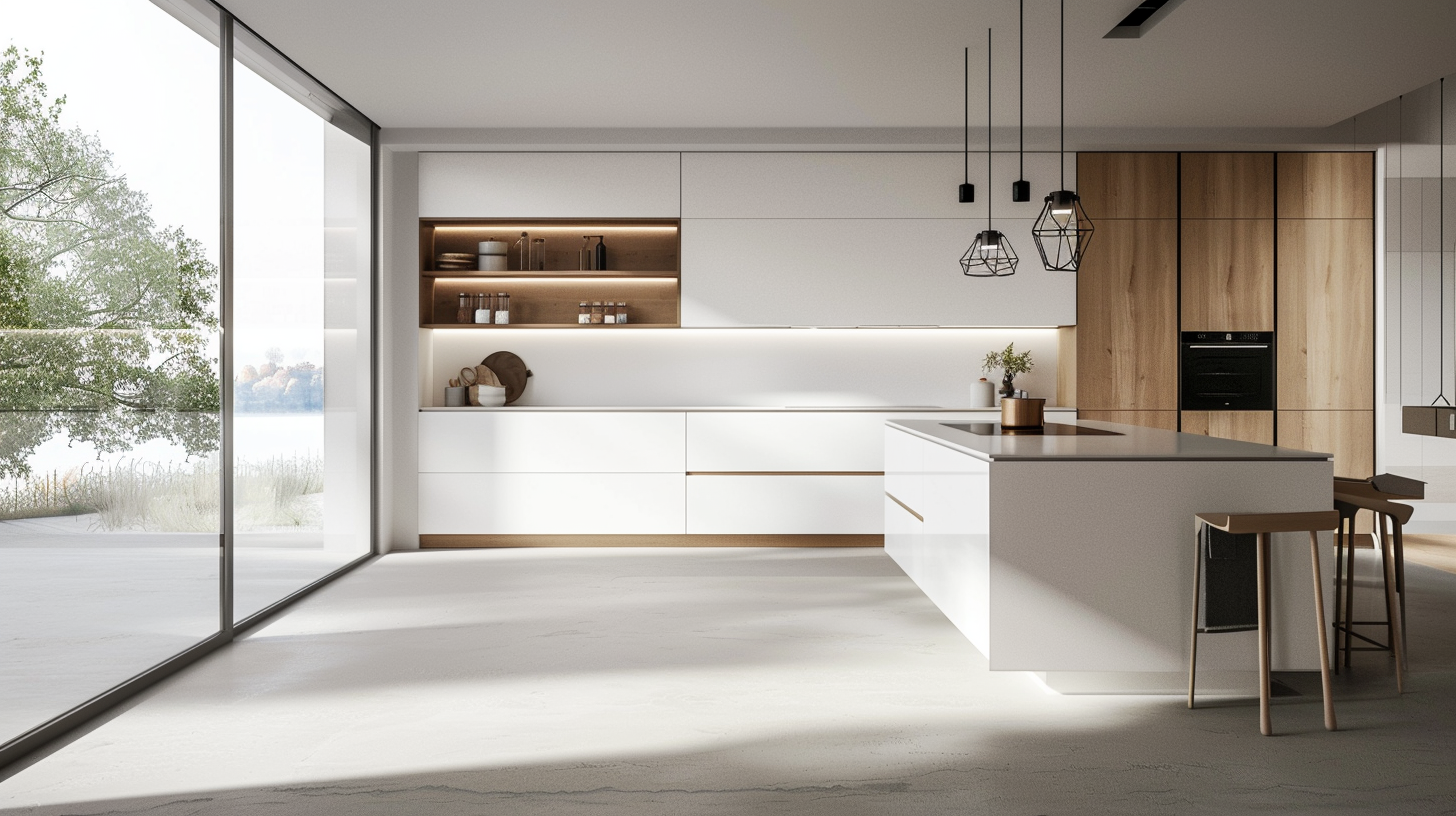
Design Trends: Minimalism Meets Functionality
In terms of design, one of the most influential movements shaping custom furniture today is Italian-inspired minimalism. Characterized by clean lines, subtle colors, and seamless integration, this style offers a sense of elegance that feels both timeless and contemporary.
The modern homeowner is increasingly seeking spaces that are functional yet stylish. Open-plan kitchens, hidden storage systems, and modular wardrobes are not just design statements but practical solutions to urban living challenges. The emphasis is on creating harmony between form and function—homes that are beautiful to look at, but also easy to live in.
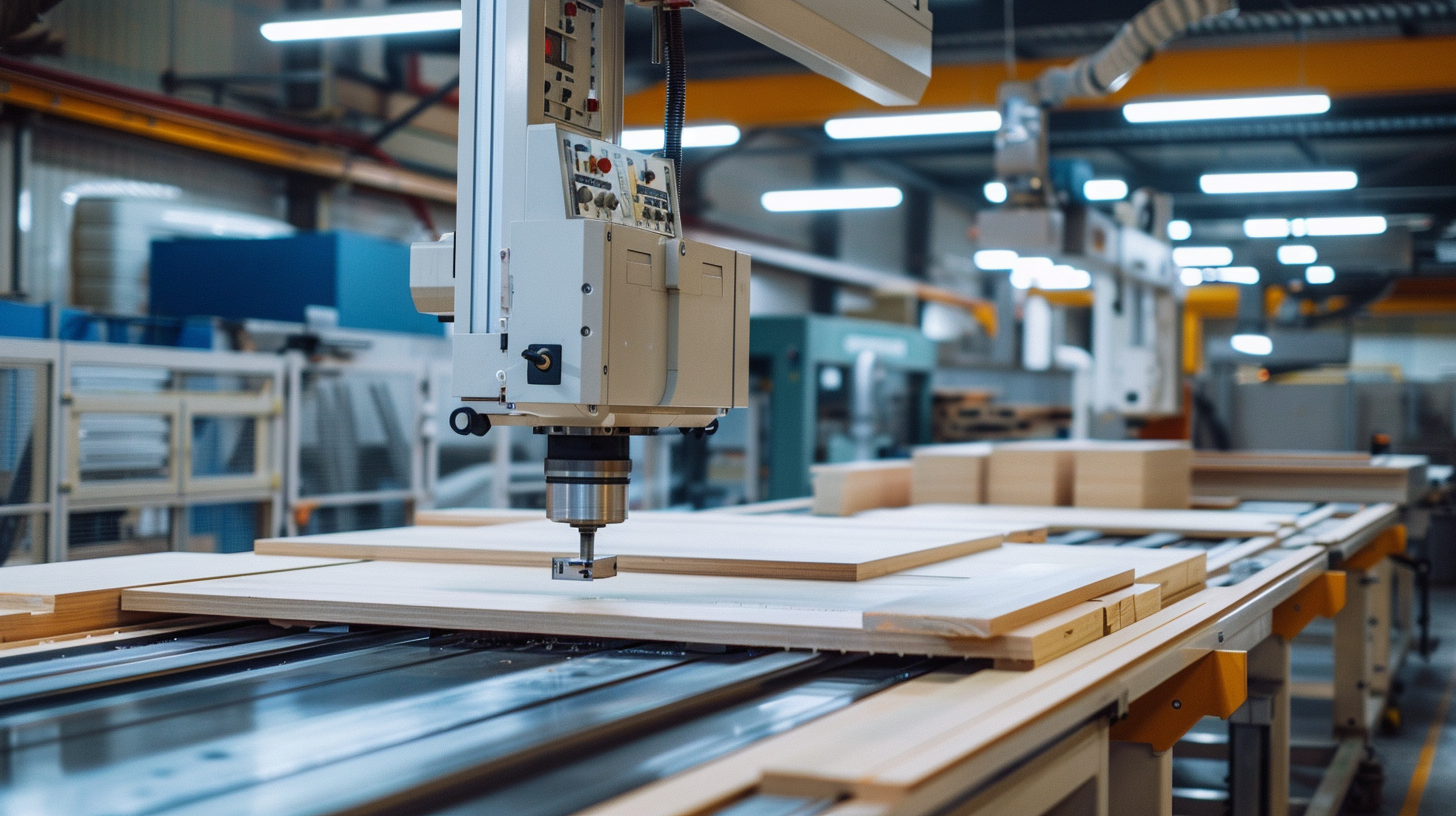
Technology as an Enabler
Another important aspect of modern customization is the role of technology. With the rise of 3D visualization tools, customers can now preview their homes before production even begins. This not only enhances confidence in design decisions but also helps reduce waste by ensuring precision from the start.
Meanwhile, digital manufacturing and smart factory upgrades ensure that customized products are produced with speed, accuracy, and consistency. From automated cutting machines to AI-driven planning systems, the integration of technology is reshaping the way furniture is designed, produced, and delivered.
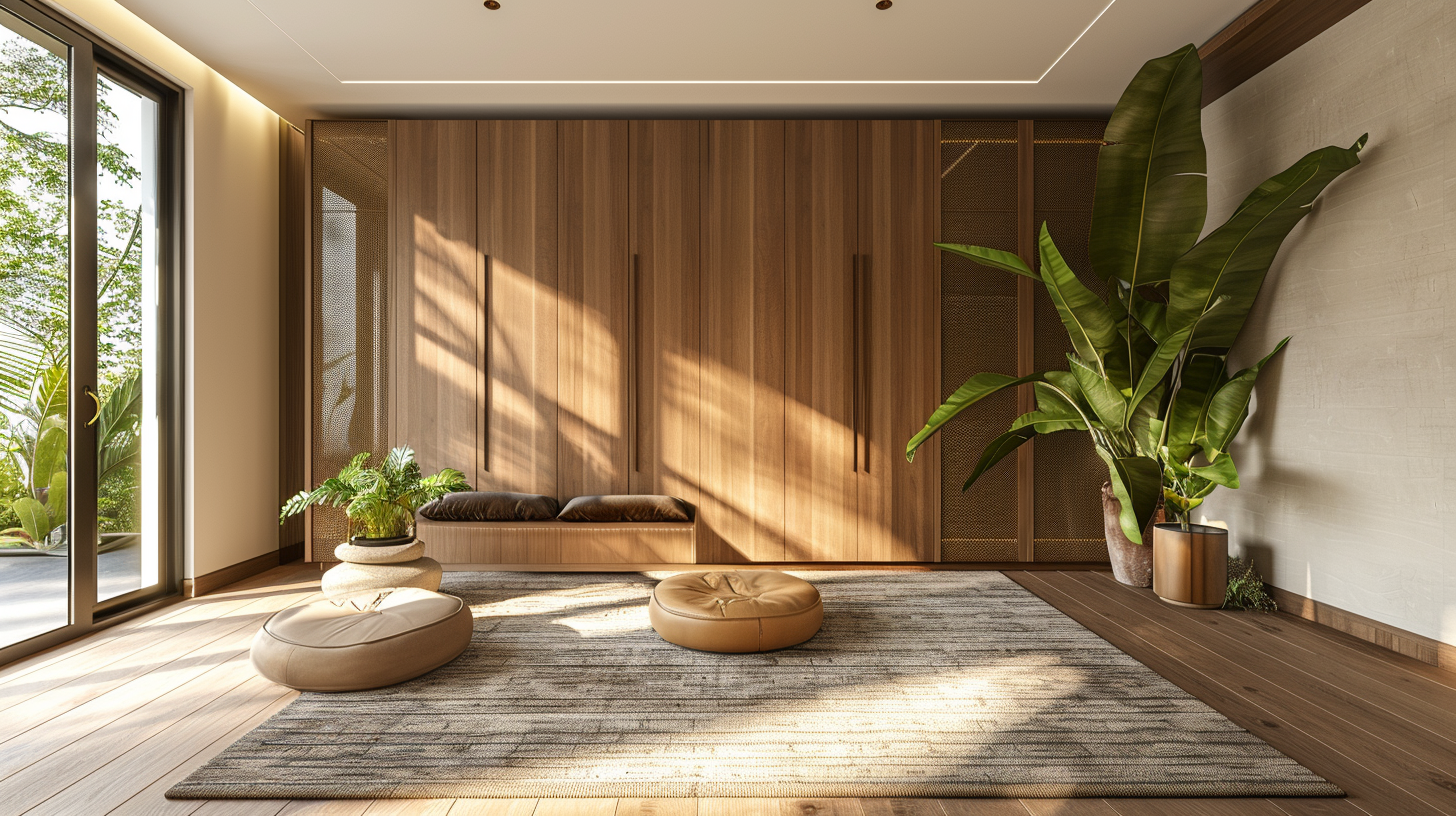
Looking Ahead
The future of home design lies at the intersection of personalization, sustainability, and technology. Whole-home customization allows individuals to shape their living spaces according to their unique needs; eco-friendly materials ensure that those spaces are healthier and more sustainable; and digital tools make the entire process more transparent and efficient.
At Baodao, we believe that customization is more than just a trend—it is the new standard of modern living. By combining craftsmanship with eco-conscious materials and cutting-edge manufacturing, we aim to deliver homes that embody both style and responsibility.
